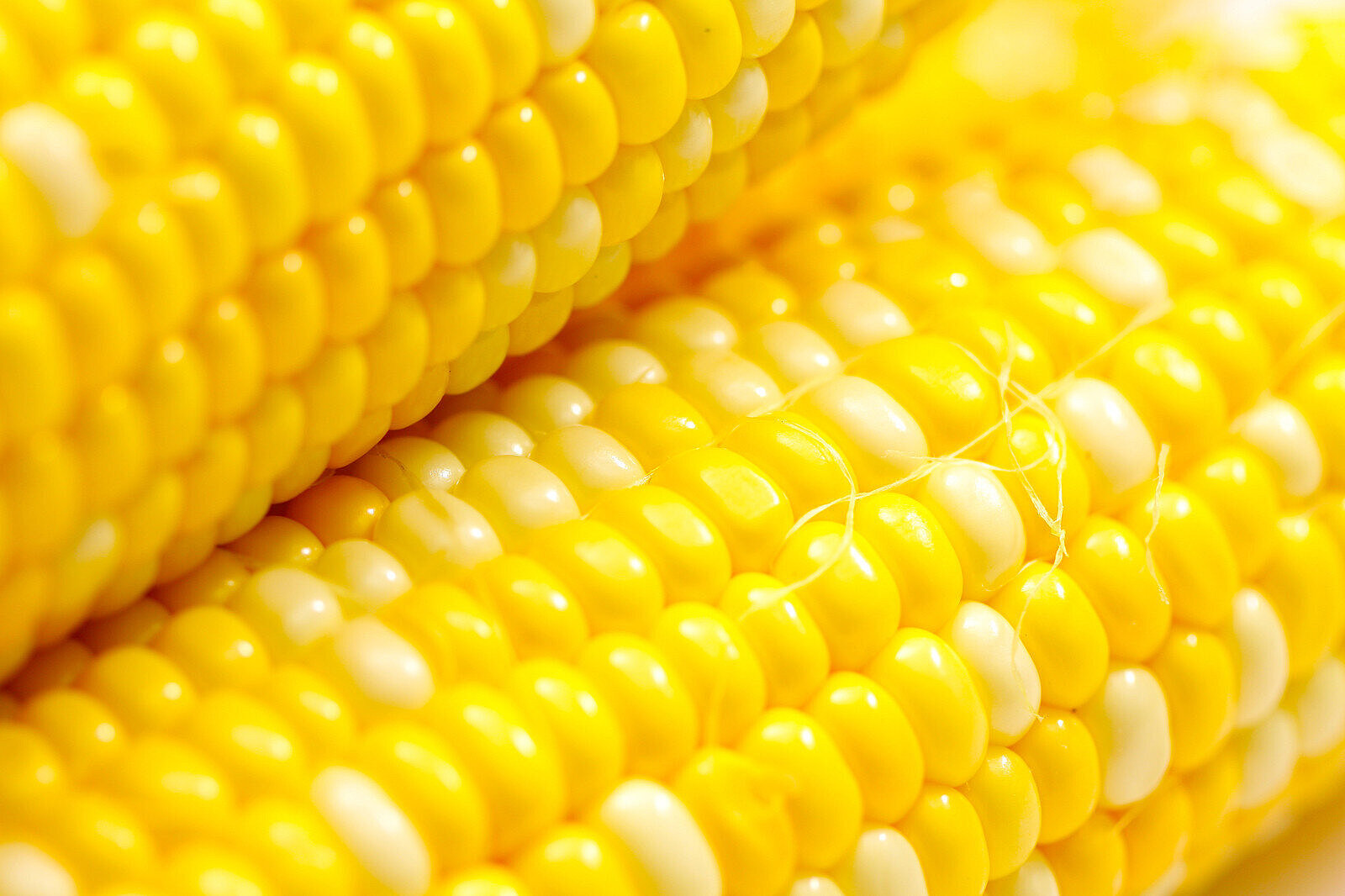Cryptoxanthin

You may have heard of cryptoxanthin, but do you know what it is and how it affects dogs? In this article, you'll find out more about this fascinating colorant, which is found in many fruits and vegetables and can also be important for your four-legged friend's health.
What is cryptoxanthin?
Cryptoxanthin is a chemical compound from the carotenoid group that is responsible for the yellow to red coloration of many plants. There are two forms of cryptoxanthin: α- and β-cryptoxanthin. Both are found in oranges, papayas, carrots, peppers, mandarins, pumpkin and other fruits. Cryptoxanthin is also found in butter and egg yolks.
Cryptoxanthin is a provitamin A, which means that it can be converted into vitamin A in the body. Vitamin A is important for vision, the immune system, the skin and mucous membranes. However, only one molecule of vitamin A can be formed per molecule of β-cryptoxanthin, while other carotenoids such as β-carotene can provide two molecules of vitamin A.
What are the benefits of cryptoxanthin for dogs?
Cryptoxanthin can have some benefits for dogs, especially if they are not getting enough vitamin A in their diet. A lack of vitamin A can lead to eye problems, infections, skin disorders and growth problems. Cryptoxanthin can help to compensate for this deficiency and promote your dog's health.
There is also evidence that cryptoxanthin, together with zinc, can have a preventative effect against rheumatoid arthritis. This chronic joint inflammation can lead to pain, stiffness and restricted movement in dogs. Cryptoxanthin is said to inhibit the formation of inflammatory messenger substances and thus protect the joints.
There are also studies that show a cancer-preventive effect of cryptoxanthin in lung cancer. Lung cancer is one of the most common types of cancer in dogs and often has a poor prognosis. Cryptoxanthin is thought to slow the growth of cancer cells and promote apoptosis (programmed cell death).
What are the disadvantages of cryptoxanthin for dogs?
Cryptoxanthin has no known disadvantages or side effects for dogs as long as it is taken in moderation. However, an overdose of vitamin A can lead to symptoms of intoxication, such as vomiting, diarrhea, loss of appetite, weight loss, hair loss and liver damage. You should therefore not give your dog too much cryptoxanthin or other foods containing vitamin A.
How can you give your dog cryptoxanthin?
The easiest way to give your dog cryptoxanthin is to offer him fresh fruits and vegetables that contain this colorant. For example, you can give him a piece of orange or papaya as a treat or mix some grated carrot or bell bell pepper into his food. However, make sure that you only give small amounts and do not include any seeds or peel.
There are also some ready-made foods or supplements for dogs that contain cryptoxanthin. These can be a practical alternative if you can't or don't want to give your dog fresh fruit and vegetables regularly. However, always read the ingredients list and the dosage instructions on the packaging.
Cryptoxanthin is a natural pigment found in many fruits and vegetables and is a good source of vitamin A for dogs. Cryptoxanthin can support your dog's eyesight, immune system, skin, joints and lungs and protect against disease. You can give your dog cryptoxanthin in the form of fresh fruit and vegetables or as ready-made food or food supplements, but always in moderation and taking into account your dog's individual needs.
If you notice any signs of hypersensitivity or poisoning in your dog, you should see your vet immediately. We are not a substitute for a vet, but we try to be as accurate as possible. Every dog reacts differently and we recommend you get a second opinion or consult your vet if in doubt.
Stay healthy and take good care of your four-legged friend!😊
Similar to Cryptoxanthin
Dogs can convert beta-carotene into active vitamin A and thus cover their need for this vitamin. Vitamin A is important for the dog's eyesight, skin health and immune system, among other things....
Lutein can improve vision in dogs, especially in older dogs suffering from age-related macular degeneration. This condition leads to a loss of central visual acuity and can result in blindness....
Like humans, dogs have a macula, a spot on the retina that is responsible for sharp vision. The macula contains high concentrations of zeaxanthin and another carotenoid called lutein. These two...
Astaxanthin has many potential health benefits for dogs. For example, it can strengthen the immune system, improve eye and heart health, promote skin and coat quality and relieve joint pain....



